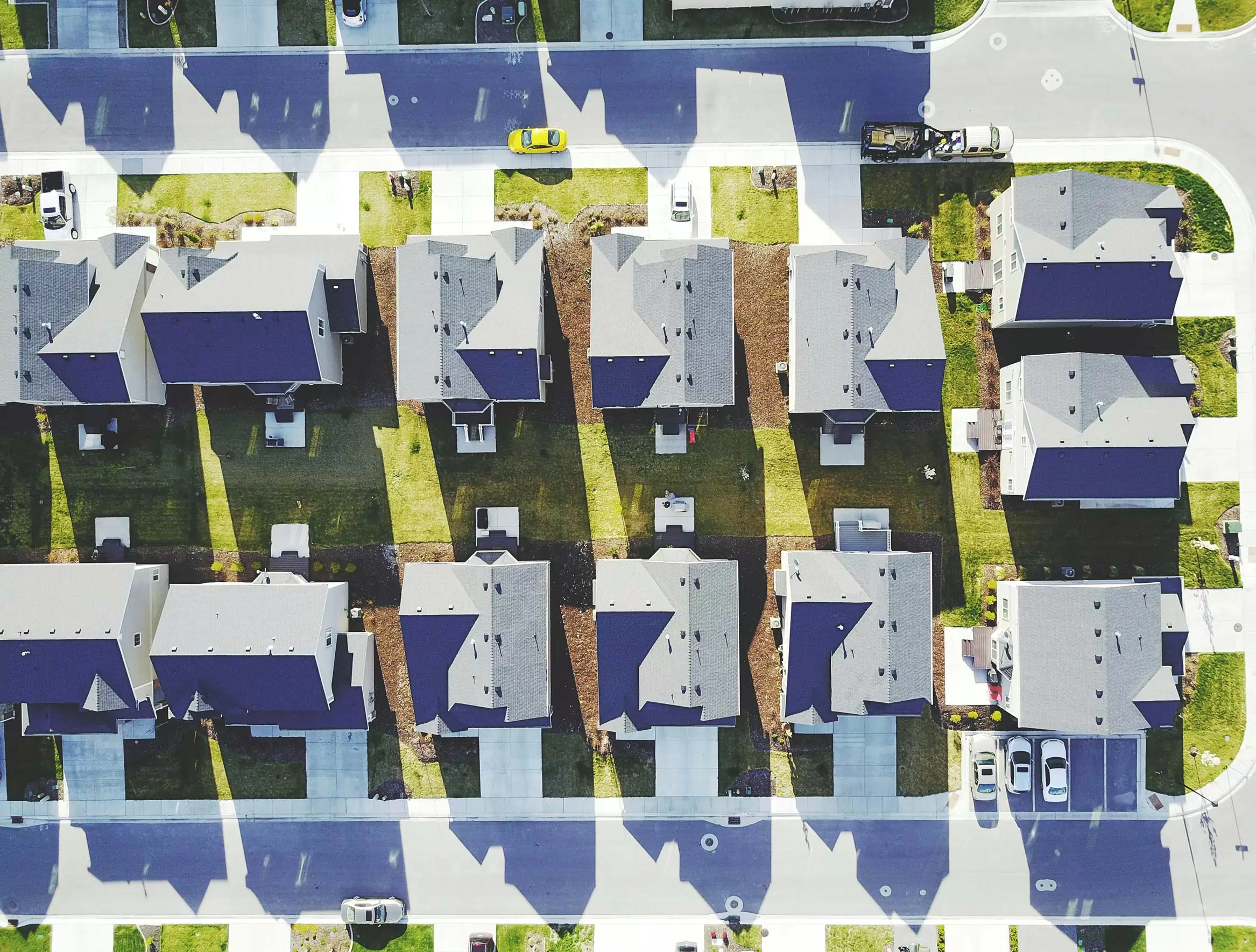With approximately 10,000 inhabitants, Bas-Belleville is one of the last working-class neighbourhoods in Paris. The district includes more than 4,600 housing units, 495 business units, and various public facilities, including schools and a sports centre.
It is an overall vulnerable neighbourhood with a high elderly population, located in an area characterised by few green spaces and various waves of immigration. For this reason, Belleville is one of 21 districts benefiting from a special city council programme aimed at promoting urban and social development to reduce inequality.
Through three renovation actions, the GINNGER project aims to contribute to preventing and mitigating the heat island effect, thereby reducing heat stress, air pollution, and energy consumption.

3
renovation actions
100+
inhabitants involved
The action
Identifying “small energy works” such as boiler replacement, electric radiator replacement, cellar insulation, etc. Creating mutualised terms of conditions for global technical diagnosis.
GINNGER’s role
We will use the renovation tool to make residents more aware of potential energy efficiency solutions for individual buildings and the savings involved. Through the co-creation methodology, a common basis for technical work will be established considering all interests.
The action
Development of a sustainable building management guide. Identification of needs (bicycle storage, maintenance contract for green spaces, urban vegetable garden, etc.). Connecting residents and sharing best practices around sustainable management.
GINNGER’s role
We will develop a sustainable management guide through the co-creation methodology.
The action
Supporting the development of private spaces as a way to achieve co-benefits with the public space and the neighbourhood.
GINNGER’s role
We will apply the co-creation methodology to form a stakeholder community. The aim is to raise awareness with a catalogue of possible solutions to encourage private renovations and joint consent for shared-space retrofits for climate adaptation. The GINNGER air quality tool will present ventilation schemes to improve energy efficiency and health conditions.
Citizen engagement and resilience
Greater awareness of climate change and adaptation measures in vulnerable neighbourhoods.
New regeneration actions
More retrofitting projects launched in the area.
